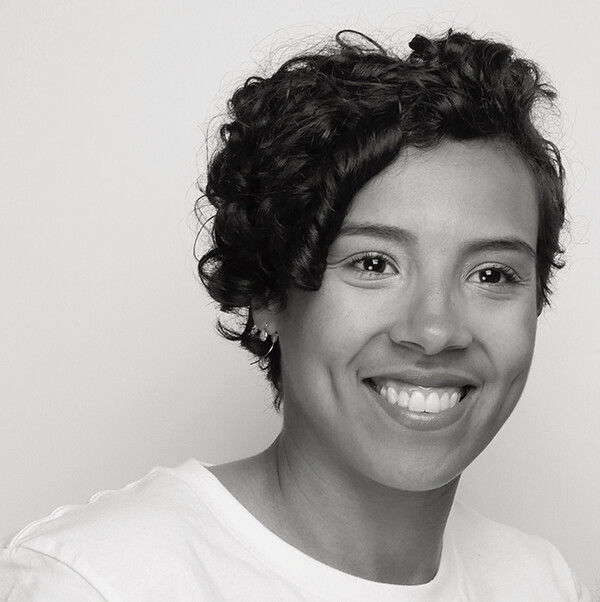Meryem Baghdadi, Molecular Genetics

Supervisor:
Scientist, Developmental & Stem Cell Biology Program - The Hospital for Sick Children-Assistant Professor, Department of Molecular Genetics - University of Toronto
PhD thesis:
Regulation of adult muscle stem cell quiescence by Notch signalling
Meryem completed her PhD at Institut Pasteur (Paris, France) and joined the Dr. Tae-Hee Kim Lab in November 2018 at SickKids. Her research focus on glial cells, one of the most abundant cell types of the intestine and Inflammatory Bowel Disease (IBD). IBD is an umbrella under which live a number of chronic inflammation disorders in the small or large intestine that induce symptoms like pain, weight loss and diarrhea. All of these make everyday life for patients difficult. Canada has one of the highest IBD incidence rates in the world (1/140 Canadians) and an alarmingly increasing prevalence, especially in infants and children. The intestine is the most highly regenerative organ in the human body as it undergoes constant wear and tear while breaking down food, absorbing nutrients, and eliminating waste. This repair is maintained by resident intestinal stem cells that generate all the different cells type of the gut. To function properly, stem cells need to receive appropriate signals from their environment. If those signals are altered, it can lead to disease, including IBD. Glial cells are located in close physical proximity to stem cells, but their potential interactions are currently unknown. She investigates how glial cells can modulate stem cell behavior under normal conditions, during repair (after injury), and in chronic inflammation. Compiling analysis from a model of IBD created in mice, and from human glial cells from healthy and IBD patients, will reveal the role of glial cells in IBD and inform new targets for drug development and treatment. Improving stem cell response, through glial cells, in the early stage of the disease could enhance intestinal healing and thus prevent and/or alleviate the inflammation, especially in children, reducing or eliminating the human and healthcare costs of IBD in Canada and the world.
Meryem started her postdoc funded by SickKids Restracomp postdoctoral fellowship (William P. Wilder Fund Bursary) and is now holding the highly competitive CIHR postdoctoral fellowship for 3 years.
Meryem published 5 manuscripts (including a first author in Nature and Cell Stem Cell) and is currently working on the revisions of her first postdoc manuscript. Her PhD and postdoctoral trainings converge towards the regulation of the stem cell niche during homeostasis, repair and pathology in two different models: the skeletal muscle and the intestine. After completing her postdoctoral training, she would like to become a principal investigator at a competitive and stimulating academic research institute and continue to investigate stem cell niche interactions in different contexts such as aging or tumorigenesis